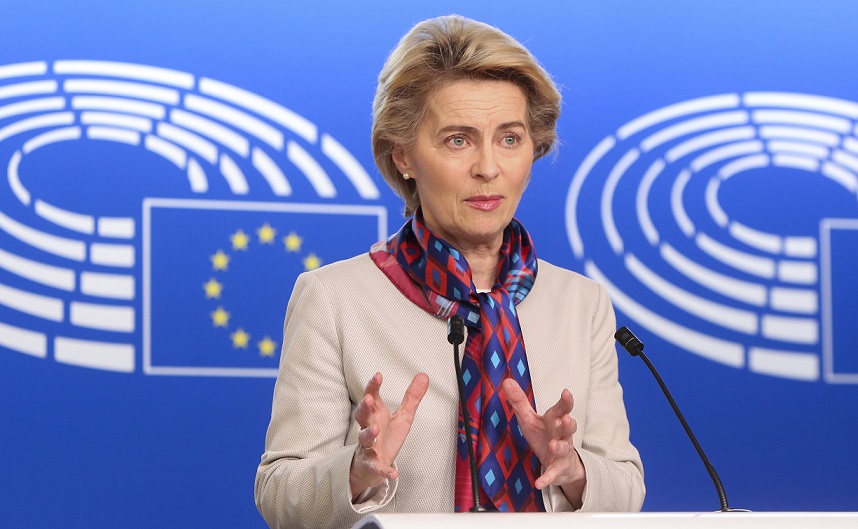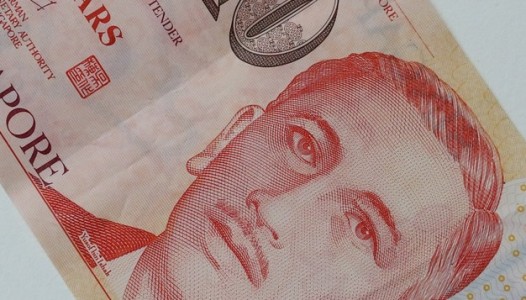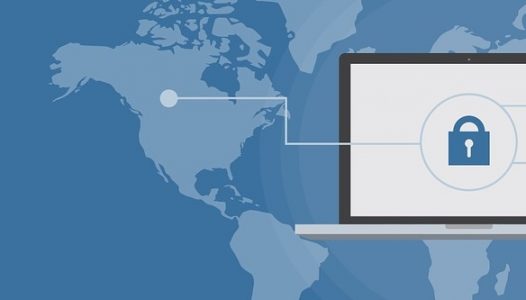EU President von der Leyen on EU policies towards China at Session III of the G7, Foreign and Security Policy: “Our policies towards China need to change because China has changed. China has moved from “reform and opening” to “security and control”. China has become more repressive at home and more assertive abroad, particularly in its neighbourhood. And China struck an “unlimited friendship” with Russia on the eve of the brutal invasion of Ukraine. At the same time decoupling from China is neither viable nor in our interest. Therefore we should keep open communication lines and working with China in areas like climate change, pandemic preparedness, financial stability or nuclear proliferation. At the same time we have to reduce our vulnerabilities in our economic relationship (economic de-risking).”
For the way forward Von der Leyen sees five strands of work:
* First, we need to make our own economies and industries more competitive and resilient, particularly the health, digital and clean tech. We have to work with like-minded partners to build up capacities and reduce our dependencies on China for things like rare earths, batteries, or pharmaceutical ingredients.
* Second, we want to rebalance our trade relationship. China is a vital trading partner for us and most of that trade is beneficial to both sides. But it’s also true that the trade deficit between the EU and China tripled in 10 years to 400 billion. This imbalance is partly due to non-market practices such as hidden subsidies, discrimination in public tenders and other distortions created by China’s state capitalist system. We need to address these distortions.
* The third strand is about protecting our security interests. So we have to discuss controls of exports or outbound investment with a focus on sensitive high-tech areas.
* The fourth strand is about standing together as partners on core foreign policy and security challenges. We will keep calling on China to refrain from supporting Russia’s war. And we reaffirm our unwavering commitment to peace and stability in the Taiwan Strait. We are collectively opposing any unilateral change to the status quo, particularly by force.
And finally: we should intensify our work with others to create an alternative to Belt-and-Road which is our Partnership on global Infrastructure and Investment.





